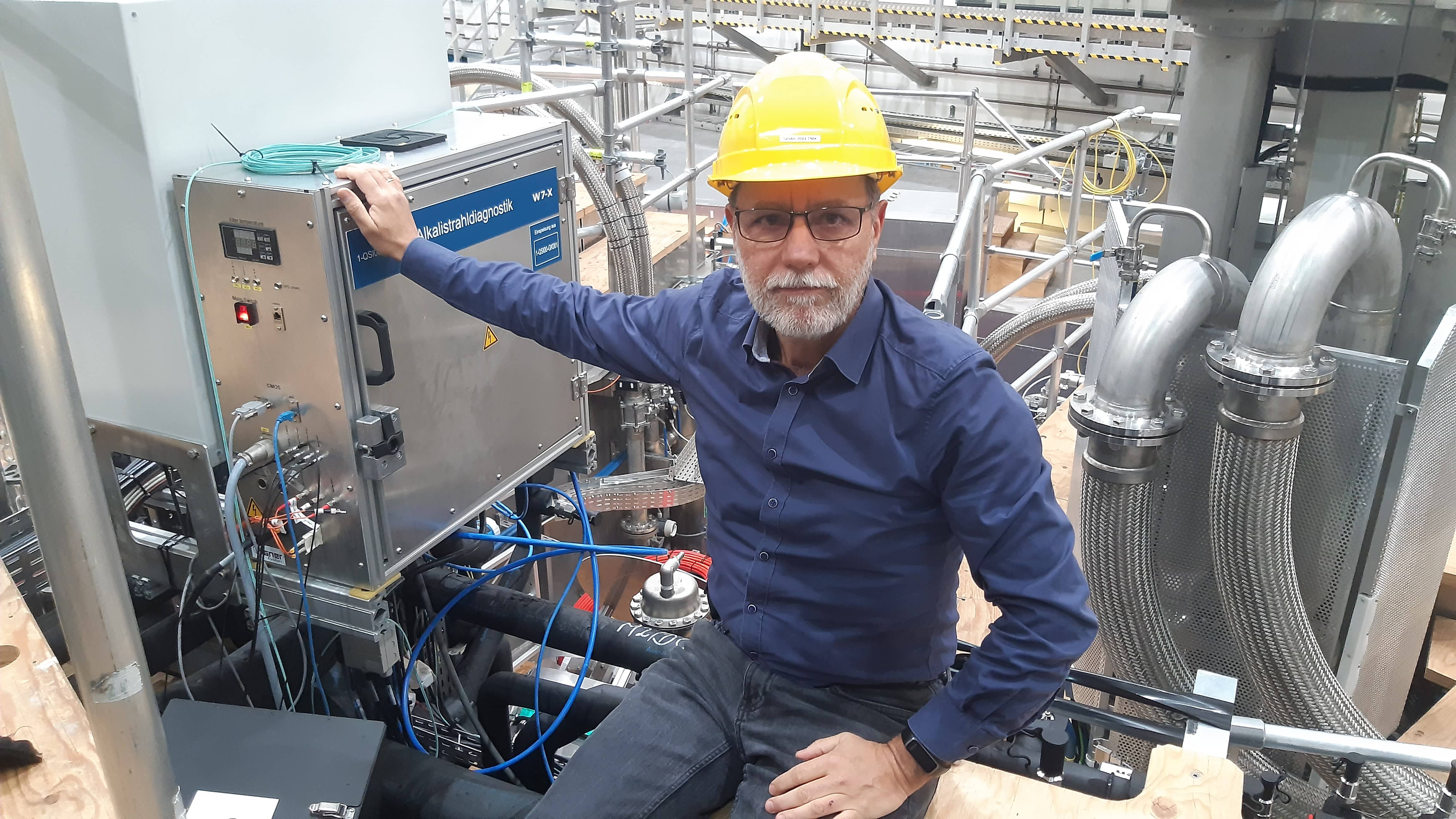Fusion energy is one of the hottest scientific topics right now. It is hoped that fusion power could provide huge quantities of clean energy and would help to fight climate change in the near future. On 17 May, at the next Alumni Hungary Webinar top Hungarian physicist and fusion researcher, Sándor Zoletnik will give you an insight into the present and future of fusion power and the largest international fusion energy project, ITER.
REGISTRATION
Date: 17 May 2023, 10:00 and 11:00 am (CET). + 30 min. Q&A till 11:30 am
Participation is free but registration for the event is required!
Please register HERE!
This webinar is available for registered Alumni Network Hungary members only!
You can join the network by clicking HERE!
Registration deadline: Monday, 15 May (11 a.m. CET).
About the presenter:
Sandor Zoletnik works on fusion plasma physics research and development since 1984. He developed plasma diagnostic methods for the measurement of plasma turbulence and other parameters of fusion plasmas, implemented such diagnostic systems, and did studies with them on many of the largest fusion experiments worldwide. At present, he is leading the Fusion Plasma Physics Department at the Centre for Energy Research, Budapest, and coordinates Hungarian activities within the Eurofusion research programme.

Webinar content:
Stars in the universe produce energy for billions of years by fusing Hydrogen into Helium and higher-mass nuclei. Although it is not possible to use the same reactions in terrestrial power plants, similar ones would be applicable between the heavy isotopes of Hydrogen, Tritium, and Deuterium, providing a stable energy source for thousands of years. The problem is that these reactions require extreme, 100 million Kelvin temperatures, where materials are in the plasma state, similar to stars. Research has been going on for about 70 years to develop the confinement, heating, and control technologies of these fusion reactors. Present-day fusion experimental devices can demonstrate the required temperatures and control schemes, but they have not reached a positive energy balance. The international ITER experimental device is expected to demonstrate a 10-fold power gain, showing the viability of the technology, but still would not be a practical fusion power plant. In the past few years, many private fusion research companies have sprung up with the promise to demonstrate a fusion power plant within 1-2 decades. Combined with national and international public research programs this might finally result in one or more actual fusion demo reactors.
